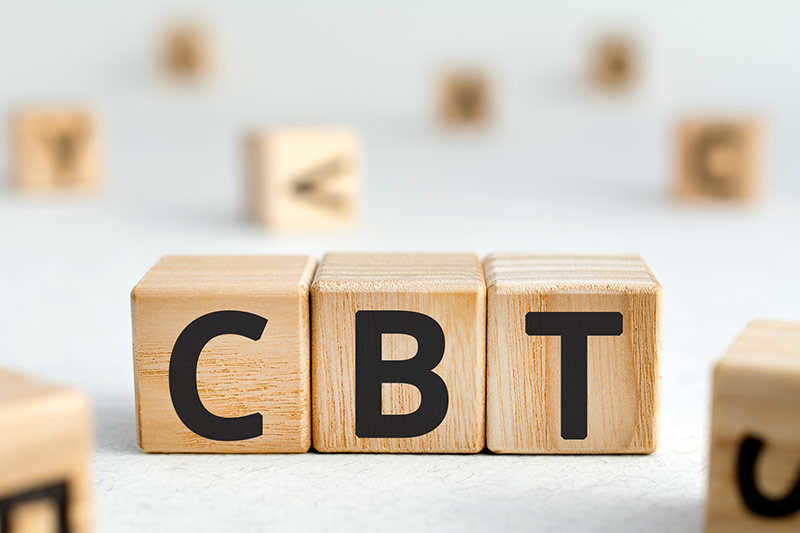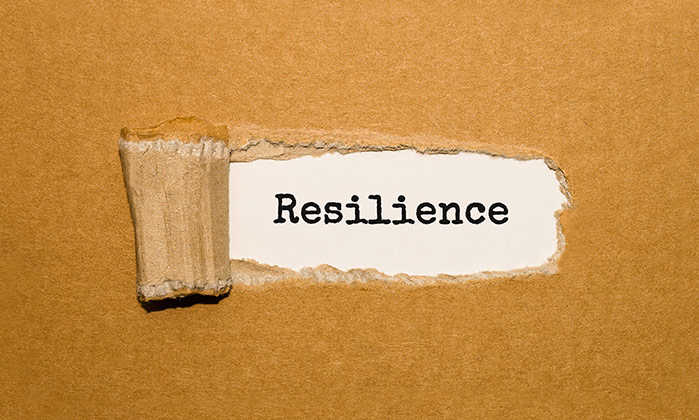Cognitive Behavioral Therapy (CBT) & Mindfulness-Based Cognitive Therapy (MBCT)
As a therapist, I’m dedicated to helping individuals achieve their unique therapy goals in order to lead more fulfilling lives. This may include the use of a number of different approaches to counseling, including cognitive behavioral therapy and mindfulness-based cognitive therapy in my Grand Rapids, MI practice. If you’re on this specific page of my website, you likely have some knowledge of therapy and different approaches, or a professional has recommended one of these techniques. Whatever brought you here today, you can learn more about these two common approaches to talk therapy on this page, and if you ever have questions, please don’t hesitate to contact me, Olja Haglund, to learn more.
What is CBT?
Cognitive behavior therapy (CBT) is one of the most commonly used forms of talk therapy, and it is the basis for many different therapy approaches. The basis of CBT is understanding how thoughts, feelings, and actions interact with and influence each other. As you start to recognize negative thinking, feeling, acting patterns, you can develop skills to interact with people and experience the world in a more fulfilling and effective way.
What is MBCT?
Mindfulness-based cognitive therapy (MBCT) is a therapy approach that combines the underlying philosophies of CBT with mindfulness techniques like medit ation. This combination has been proven effective in helping people with a range of conditions, including depression, anxiety, and poorly managed stress.
Can CBT or MBCT Help Me?
Counseling techniques like CBT and MBCT are versatile, and they can be beneficial to help people improve their daily experiences. CBT or MBCT may be beneficial in any of the following situations:
- Developing coping skills to navigate stressful or challenging life situations
- Identifying triggering situations or people and learning to manage your emotional and behavioral responses
- Resolving conflicts
- Improving communication skills
- Nurturing healthy and fulfilling relationships
- Healing from trauma
- Working through grief or loss
- Managing stress
- Managing physical pain or complications from medical diagnoses
How Do CBT & MBCT Work?
CBT and MBCT will use a traditional talk therapy approach to accomplish four things:
- Identify triggering people or situations
- Become aware of the thoughts, feelings, and actions these triggers bring up
- Label inaccurate thoughts, negative emotions, and inappropriate actions
- Develop skills to positively reshape the way you think, feel, or act in these challenging situations


